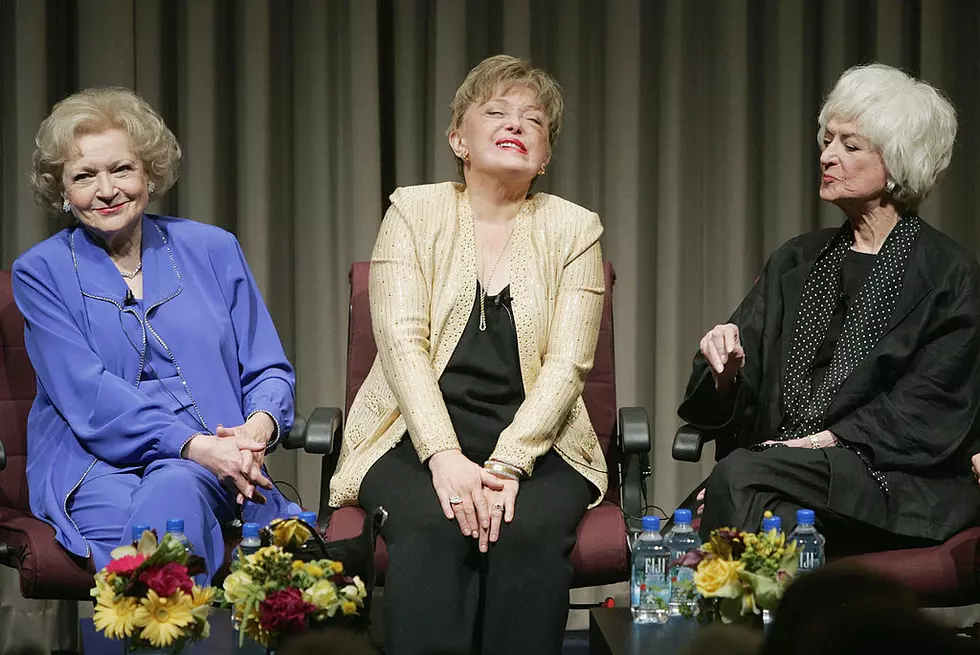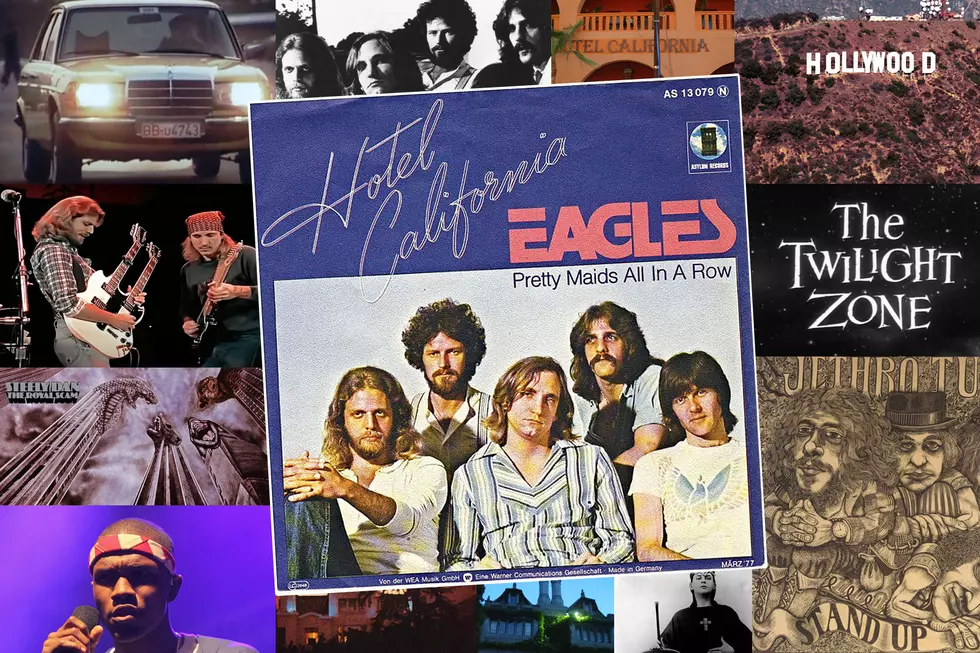
How Bruce Springsteen Came of Age on ‘Blinded by the Light’
The elliptical lyrics of Bruce Springsteen's "Blinded by the Light" have confused many, but according to its creator, the song was a depiction of his coming of age.
"I was 23 years old, I wanted to create my own ridiculous language," he said on a 2005 episode of VH1's Storytellers. "So it was really a young musician's tale, a litany of adventures and rather on the autobiographical side."
Springsteen then broke down the track, the opener and first single from his 1973 debut Greetings From Asbury Park, N.J. The "madman drummer" mentioned in the opening line was drummer Vini "Mad Dog" Lopez; the Indians were Springsteen's Little League team. He set the song on the boardwalks of the Jersey Shore by referencing a merry-go-round and calliope.
The second and third verses were about sexual frustration, not being liked by girlfriends' fathers and dances at the YMCA where the chaperone would make sure nothing remotely sexual happened. Hope arrived in the bridge, where playing music in bars put him in contact with a "silicone sister" - which Springsteen believed could be the first reference to breast implants in pop music history - and then "little Early-Pearly came by in her curly-wurly and asked me if I needed a ride." "That's self-explanatory," Springsteen deadpanned.
His scope is expanded in the next verse, where he described how New Jersey was still stuck in the late '60s, with a cat-and mouse game played between campus radicals ("Some hazard from Harvard") and FBI agents ("Scotland Yard was trying hard"). As for the rest, "Don't overthink the whole thing."
The chorus, Springsteen added, presaged the escapist themes that would launch him to stardom a few years later on Born to Run. "I wanted to get blinded by the light," he said. "I wanted to do things I hadn't done and see things i hadn't seen."
Watch Bruce Springsteen Break Down 'Blinded by the Light'
In his autobiography Born to Run, Springsteen wrote that he composed "Blinded by the Light" late in the process, after Columbia Records head Clive Davis heard nothing on Greetings that would work on the radio ("Spirit in the Night" was also penned at this time). Even though it was deemed commercial enough to be released as a single on Feb. 23, 1973, more than a month after the album came out, "Blinded by the Light" failed to chart.
Still, the verbosity of "Blinded by the Light" and much of Greetings drew comparisons to Bob Dylan at a time when every talented wordsmith with an acoustic guitar, including such luminaries as John Prine and Loudon Wainwright III, was hailed as a "New Dylan." While that tag was an albatross around the neck for many up-and-coming singer-songwriters, including Springsteen, it also proved somewhat fortuitous in the form of Manfred Mann, who had a few big hits in the U.K. with Dylan songs.
In 2018, Mann told Louder Sound that a DJ in Philadelphia recommended Greetings, which led to him and his Earth Band to record "Spirit in the Night" on 1975's Nightingales & Bombers. It, too, flopped, as a single, but Mann tried again with "Blinded by the Light" a year later for The Roaring Silence. This time he took a Springsteen song all the way to No. 1. By then, Springsteen had his breakthrough with Born to Run, and the connection probably helped its commercial prospects. But it's also possible the perception of a lyric deemed too risque for radio did the trick.
Listen to Bruce Springsteen's 'Blinded by the Light'
The chorus of Springsteen's original refers to him being "cut loose like a deuce," as in a type of hot rod (think the Beach Boys' "Little Deuce Coupe"). But between Mann's diction and what he claimed to Louder Sound was an issue with the tape head on the machine, it sounded like Mann sang "douche" instead of "deuce."
"I have a feeling that's why the song skyrocketed to No. 1," Springsteen joked on Storytellers. "The public spoke, and they were right."
Bruce Springsteen Albums Ranked
More From 92.9 The Lake










